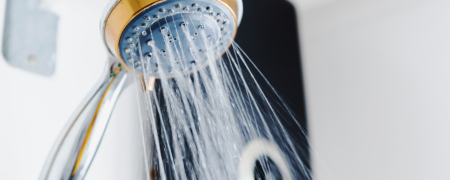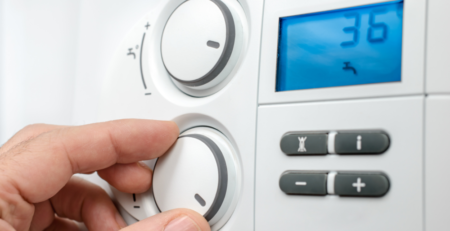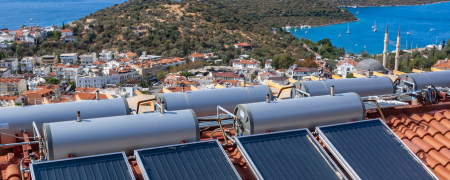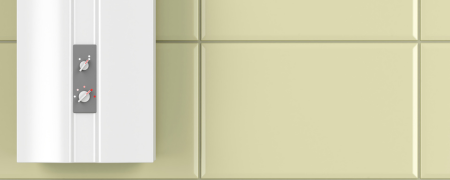Hot Water Habits: Best Practices for Efficient Electric Water Heater Use
Best Practices for Efficient Electric Water Heater Use Efficient use of your electric water heater not only ensures a reliable supply of hot water but also contributes to energy savings and sustainability. By adopting best practices and incorporating mindful habits, homeowners can maximize the efficiency of their electric water heaters. In this guide, we explore hot water habits that promote optimal performance and responsible energy use.
1. Set the Thermostat to the Recommended Temperature
Begin your journey to efficient water heating by setting the thermostat of your electric water heater to the recommended temperature. The U.S. Department of Energy suggests a temperature setting of 120°F (49°C) for optimal energy efficiency and to prevent scalding. This moderate temperature strikes a balance between comfort and energy savings, ensuring your water heater operates efficiently.
2. Insulate Hot Water Pipes for Heat Retention
Insulating hot water pipes is a simple yet effective practice that contributes to energy efficiency. Insulation helps retain heat during water transport, reducing the need for the water heater to work harder to maintain temperature. Pipe insulation is readily available at hardware stores and is easy to install, providing a cost-effective solution to minimize heat loss.
3. Fix Leaks Promptly to Conserve Water and Energy
Addressing leaks promptly is not only essential for preventing water damage but also for conserving energy. Leaks lead to a continuous demand for hot water as the heater works to maintain the set temperature. Regularly inspect and fix leaks in faucets, pipes, and the water heater itself to minimize water waste and reduce the workload on your electric water heater.
4. Practice Shorter Showers for Water and Energy Conservation
Shortening shower duration is a habit that pays off in both water and energy conservation. A significant portion of household hot water is used during showers, and by reducing shower times, you can decrease the overall demand on your electric water heater. Consider installing a low-flow showerhead for additional water and energy savings without compromising comfort.
5. Run Full Loads in Dishwashers and Washing Machines
Make a conscious effort to run full loads in dishwashers and washing machines. These appliances use hot water, and by maximizing their capacity, you reduce the frequency of operation and, in turn, energy consumption. When feasible, use cold water settings for laundry to further minimize the demand on your electric water heater.
6. Opt for Cold Water When Possible
For tasks that don’t require hot water, such as washing hands or rinsing dishes, opt for cold water. This practice conserves energy by avoiding unnecessary heating of water for activities that can be accomplished effectively with cold water. By developing a habit of choosing cold water when appropriate, you contribute to overall energy efficiency in your household.
7. Schedule High-Usage Activities Strategically
Certain high-usage activities, such as running the dishwasher or doing laundry, can impact the efficiency of your electric water heater. Schedule these activities strategically to avoid simultaneous high demand. By spacing out these tasks, you allow the water heater to recover between usage peaks, optimizing its performance and ensuring a steady supply of hot water.
8. Perform Regular Maintenance and Inspections
Regular maintenance and inspections are crucial for the longevity and efficiency of your electric water heater. Follow the manufacturer’s guidelines for flushing the tank to remove sediment, check for signs of leaks, and test the pressure relief valve periodically. Consider scheduling professional inspections annually to address any potential issues promptly and maintain the optimal performance of your water heater.
Conclusion
Adopting hot water habits that prioritize efficiency is a proactive step towards responsible energy use and sustainability. By setting the thermostat to the recommended temperature, insulating hot water pipes, fixing leaks promptly, practicing shorter showers, running full loads in appliances, opting for cold water when possible, scheduling high-usage activities strategically, and performing regular maintenance, homeowners can optimize the performance of their electric water heaters while contributing to energy conservation.
Get Access Now
Ready to enhance your hot water habits for optimal efficiency? Visit our website for comprehensive insights, comparisons, and expert recommendations to guide you in maintaining a responsible and efficient electric water heating system in your home.





Leave a Reply